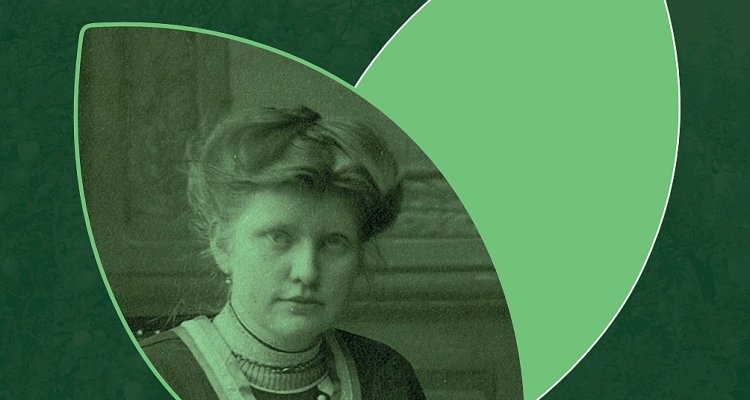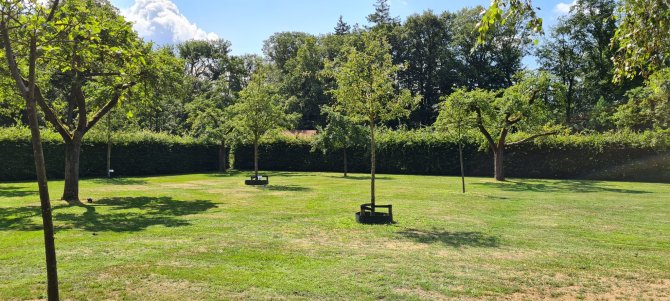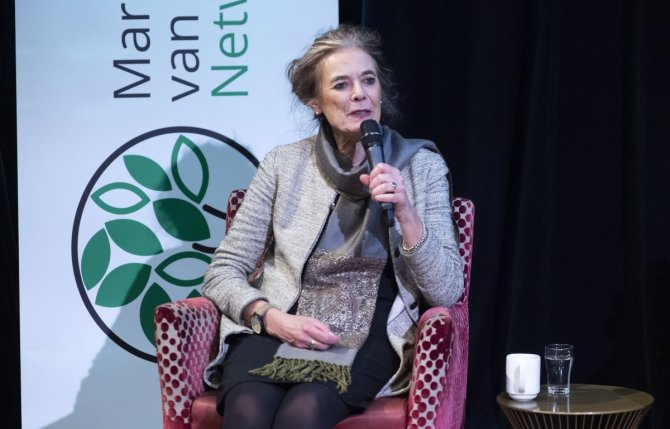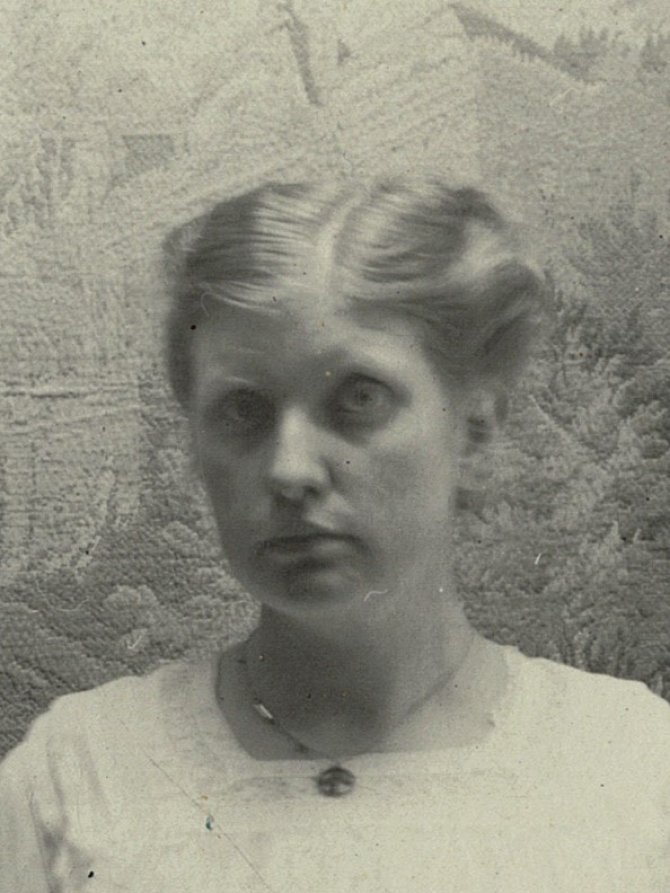
News
Tribute to pioneering female engineers
Two female Wageningen University & Research (WUR) engineers are paid tribute today. Fruit trees have been planted in a special orchard in honour of Frida Eversmann, the first female agricultural engineer in the Netherlands, and Louise O. Fresco, former president of the WUR board. The tribute is part of the ‘120 Years of Female Engineers’ symposium at Twente University.
Marie Bes started working in Delft as a physicist and was, hence, the first female engineer in the Netherlands. Fifteen years later, Frida Eversmann became the first agricultural engineer in agricultural chemistry in Wageningen. They are both honoured posthumously with a fruit tree in the Marina van Damme-orchard, the Orchard in Honor of Female Engineers.

A tree has also been planted in honour of Prof. Dr ir Louise O. Fresco to commemorate her position as chair of WUR’s board from 2014 to 2022 and internationally renowned expert in the domain of agriculture and food. The chair of Twente University’s board will deliver a laudation on Fresco.

Pioneer
Klaske Koopmans, who wrote a short biography on Eversman and Marie Bes with Marina van Damme, will discuss the life of Frida Eversmann (1890-1941). ‘Her life story is a special one’, says historian and assistant professor in gender studies Margreet van der Burg. She studies the changing position of women in agriculture and science and is the lead author of the book Women, Wageningen and the World (1918-2003) Vrouwen, Wageningen en de Wereld (1918-2003). ‘Eversman was keenly interested in chemistry and ended up in Wageningen. As a scientific assistant to Professor Aberson, she did research, published and mentored many students who were required to take agricultural chemistry as a compulsory course. The confidence placed in her as a woman was exceptional for that era.’


Frida Eversmann passed away aged 50 in 1941. ‘She was a pioneer in many areas’, the In Memoriam of the club magazine de Sleutelbos states. De Sleutelbos is a Catholic organisation for female graduates of which she was a member. In it, she was also praised for her pioneering work for catholic farm women and young female graduates. The article stated that ‘she may not have opted for a typical feminine domain, the way she performed was feminine’, on the unique nature of her work.
Winners of the Marina van Damme scholarship
The symposium in Enschede also focuses on the Marina van Damme scholarship, which is awarded annually to talented female alums of Dutch technical universities. Several precious winners will share their experiences in the Netherlands and abroad with the audience. ‘Placing women in the spotlight through awards such as these is important’, says Margreet van der Burg. ‘The winners receive a sizeable sum and can add the award to their resumé. Moreover, it shows them they are seen and included. That, too, is important.’